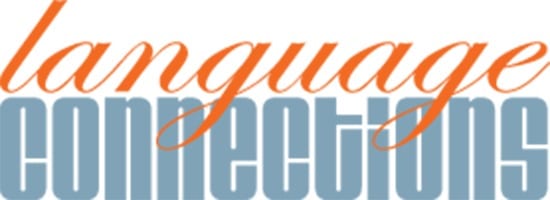The world today has more than 6800 spoken languages. While some are well known and have millions of speakers, some languages are lesser known and tend to be spoken in only one area. One such language is central Alaskan Yup’ik. Yup’ik comes from the words “yuk” and “pik” meaning person and genuine, respectively. Therefore, Yup’ik translates to “real people.”
The Yup’ik Languages
The Yupik languages are quite numerous and span from eastern Siberia to central Alaska. One must be cautious when speaking of these languages as Yupik and Yup’ik are very different languages. Yupik does not have an apostrophe and therefore one does not elongate the ‘p’ in the word as one does in Yup’ik. They are also different geographically; Yupik speakers reside in east Siberia while the language is only spoken in western and south central Alaska.
The Yupik languages have a long and rich history starting back in 2000 BCE when the Eskimo and Aleutian languages diverged forming their own language families. Around 1000 CE Yup’ik broke off from the other Yupik languages as well as the Inuit language. There are four main languages across Alaska which fall under the Yupik umbrella; Central Alaskan Yup’ik, Alutiiq, Sirevik (now an extinct language) and Naukan. Moreover, within the Central Alaskan Yup’ik language there are several dialects, one of the most popular being Cup’ik. Today there are approximately 21,000 native Yup’iks living in Alaska, 13,000 of whom speak Central Alaskan Yup’ik.
The evolution of that language can be seen through its language chain across Alaska. For instance, if Yup’ik is language G and was created through languages A – F throughout history, one can go back and see exactly how languages A – F have influenced language G over time. What’s also fascinating about the Yupik languages is that, due to this chain, people who speak language G can understand those who speak language F and maybe even language E. However, people of languages A and G would have no idea how to communicate with each other even though language G originated from language A.
Central Alaskan Yup’ik uses a root and suffix system where one root is used per word and suffixes are added on in different places to give distinct meanings. Depending on how many suffixes are added, one word may have an almost sentence-like meaning due to this process. There are twenty-four consonants and seven vowels (see http://www.omniglot.com/writing/yupik.htm).
Yup’ik was not a written language until the early 19th century when Reverend John Hinz, in an effort to teach the Yup’ik people Christian scripture, developed a writing system using the Latin alphabet to transcribe the Bible into Yup’ik. However, in the 1960’s, the University of Alaska put together a team of native Yup’ik speakers to create a writing system to replace the system Rev. Hinz created. The goal was to create a written alphabet by native Yup’ik speakers as well as have each phoneme be represented correctly through each grapheme.
Some Yup’ik vocabulary words:
English Yup’ik Pronunciation
How are you? Cangacit? jah-NAH-jit
Mother Aana AH-nuh
Father Aata AH-duh
Thank you Quyana coo-YAH-nuh
Friend Yugnikek’ngaq YOO-gi-NEEK-nahk
About Language Connections:
Language Connections is one of the top language service companies in the US. Over the last 30 years, we’ve focused on providing the best business translation services, interpreting services, as well as interpreter training and customized language training programs. In addition to top-tier corporate language training, we offer certified corporate interpreters and professional business translation services in 200+ languages. Our network includes linguists with backgrounds in all major industries. They’re ready to meet your needs, whether they’re for technical translation services, legal translation, government translation services, international development translation services, education translation services, life sciences translation, or something else. Reach out to us today for a free quote on our cost-efficient and timely translation services, interpreters, or other linguistic services.
Language Connections LLC
2001 Beacon Street, Suite 105,
Boston, MA 02135
Phone: +1-617-731-3510
Email: service@languageconnections.com


